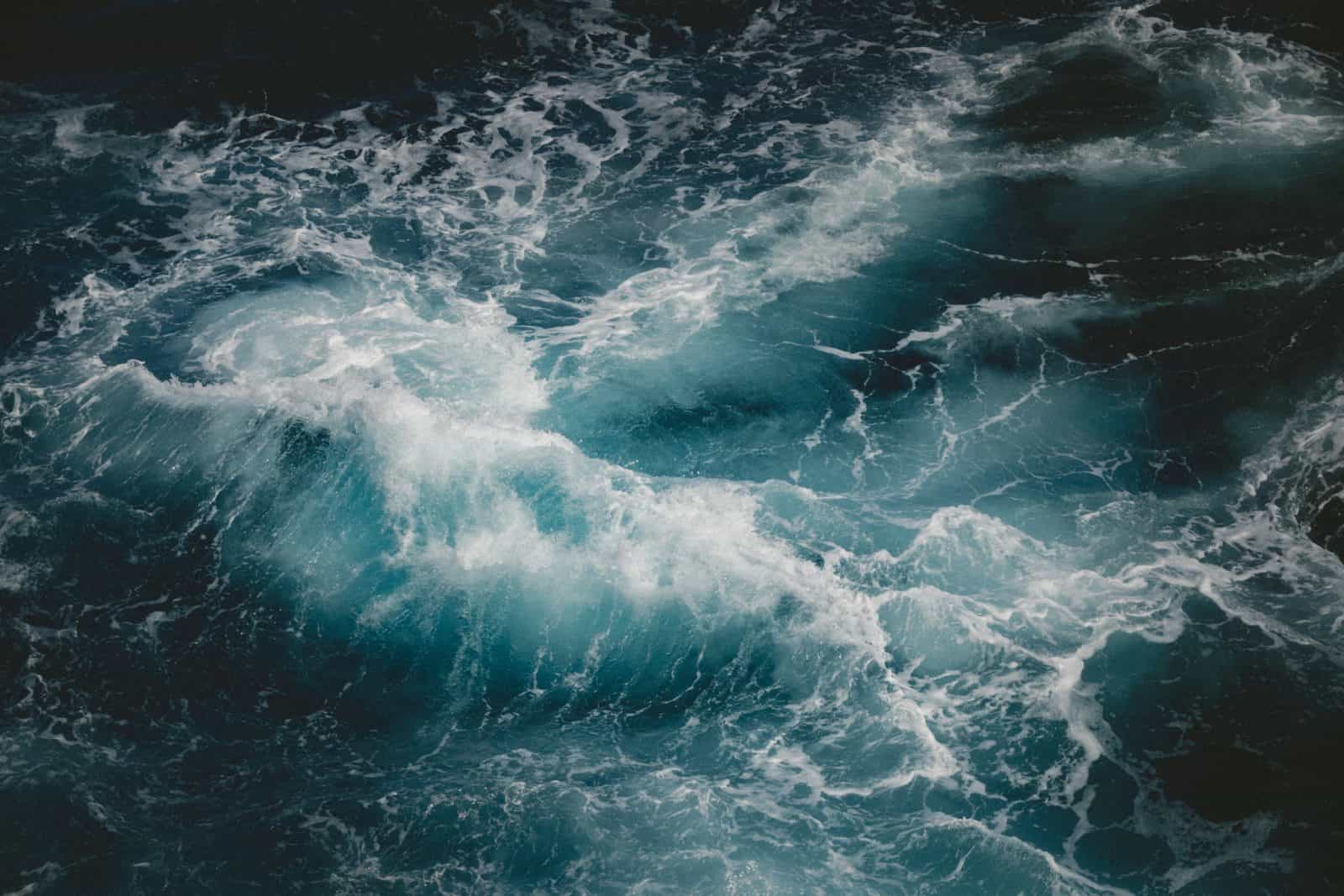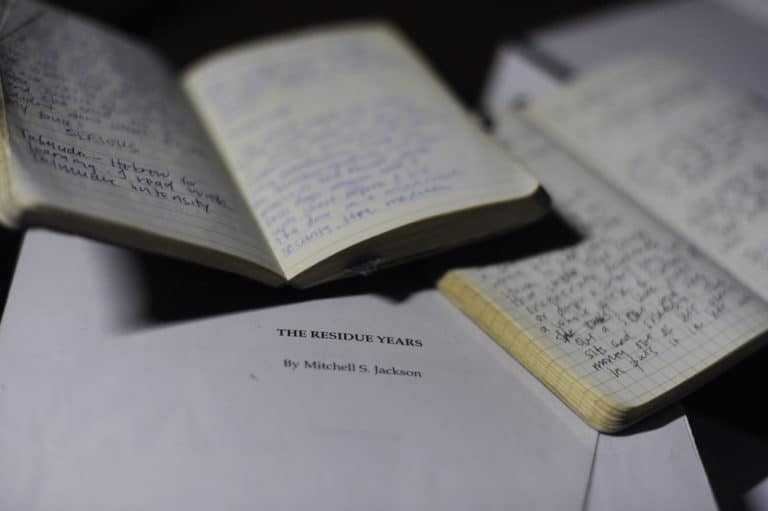In 1819, a whaling ship came upon a small boat off the coast of Chile containing two deranged men surrounded by human bones that they alternately chewed and clutched to their wasted bodies. The two were survivors of one of the most well known marine disasters of the nineteenth century: the sinking of a 240-ton Nantucket whaleship—the Essex—by an 80-ton sperm whale. It is true that the sinking of the Essex inspired in part Herman Melville in the writing of Moby-Dick, but it is also true that there were other dramatic tales of whales turning on their tormentors—in 1807, the Union (a Nantucket whaler) was sunk after an attack by a whale; grey whales were called devil fish for their propensity to turn on their hunters, and fin whales were known to charge and sink a vessel. There were many such incidents in the first half of the nineteenth century.
The story of the Essex, however, was a first-hand testimony, written (or most likely dictated) by the ship’s first mate, Owen Chase, and published in 1821 under the sensational title: Narrative of the Most Extraordinary and Distressing Shipwreck of the Whale-Ship Essex, of Nantucket: Which Was Attacked and Finally Destroyed by a Large Spemaceti-Whale in the Pacific Ocean. It is this story that Nathaniel Philbrick brings to life in his historically accurate, and narratively compelling, In The Heart of the Sea. Philbrick, a maritime historian, has also published the excellent, and very short, guide—Why Read Moby-Dick?
Herman Melville claimed to have met, while at sea, Owen Chase’s son, who lent him a copy of his father’s book—‘the reading of this wondrous story upon the landless sea, & close to the very latitude of the shipwreck had a surprising effect upon me,’ he wrote in his journal years later. Melville also claimed that he actually saw Owen Chase himself on his ship, the William Wirt, which is unlikely as by the time Melville was sailing on the Acushnet, Chase had retired from the sea and was living alone on Nantucket, still fearing starvation (hoarding food in his attic) and had lost his mind. After Melville wrote and published Moby-Dick, he visited Nantucket for the first time (despite depicting the island in his novel) and there encountered the surviving captain of the Essex, Pollard, who worked as a lamplighter and nightwatchman, never having been trusted to command another ship. Melville wrote that he met ‘Capt. Pollard … and exchanged some words with him. To the islanders he was a nobody—to me, the most impressive man, tho’ wholly unassuming, even humble, that I ever encountered.’
The story of the Essex also inspired Edgar Allen Poe’s only novel,The Narrative of Arthur Gordon Pym of Nantucket, which Melville almost certainly read, adding a disquisition on whiteness to his extraordinarily fertile imagination. A novel as deep and far-reaching as Moby-Dick has no precursor or sole influence, but there’s no doubt that the tragedy of the Essex, helped to ferment Melville’s own experience of the sea and of the hunting and slaughter of whales. Moby-Dick is, however, a novel out of time—its own and presently: a work of such singular brilliance that it encompasses not only epic tragedy but serves to warn us of the possibility of even greater disasters to come.




















